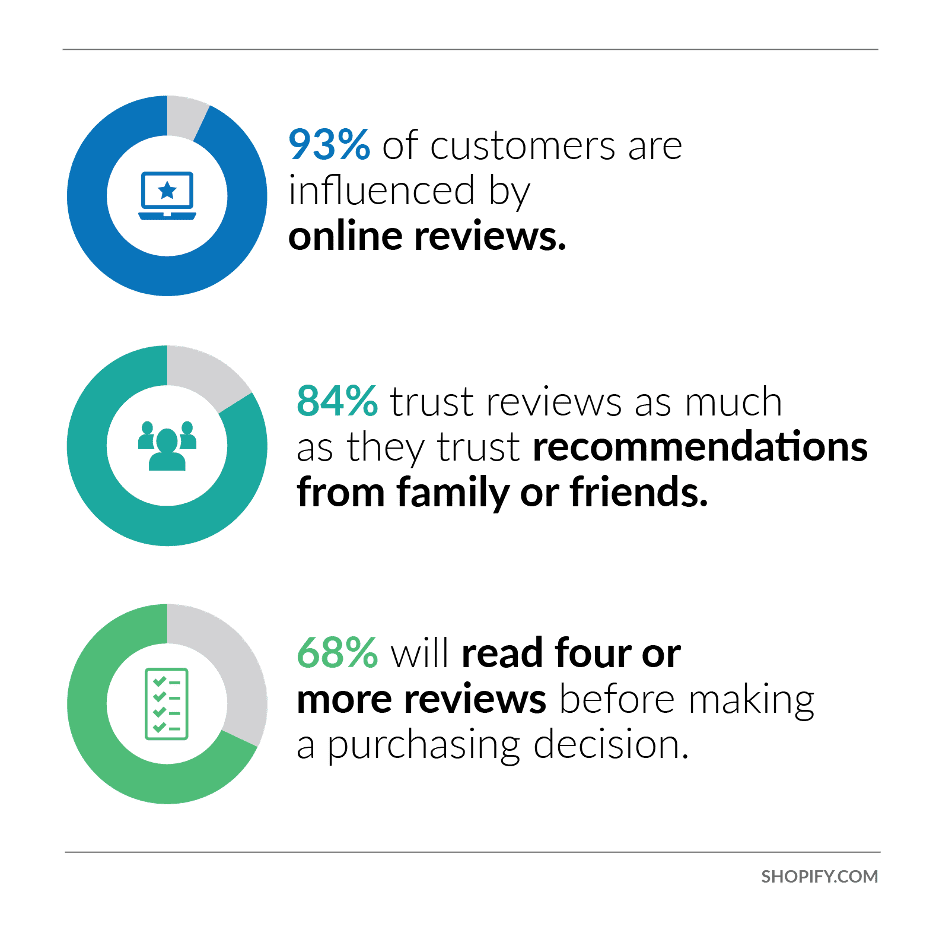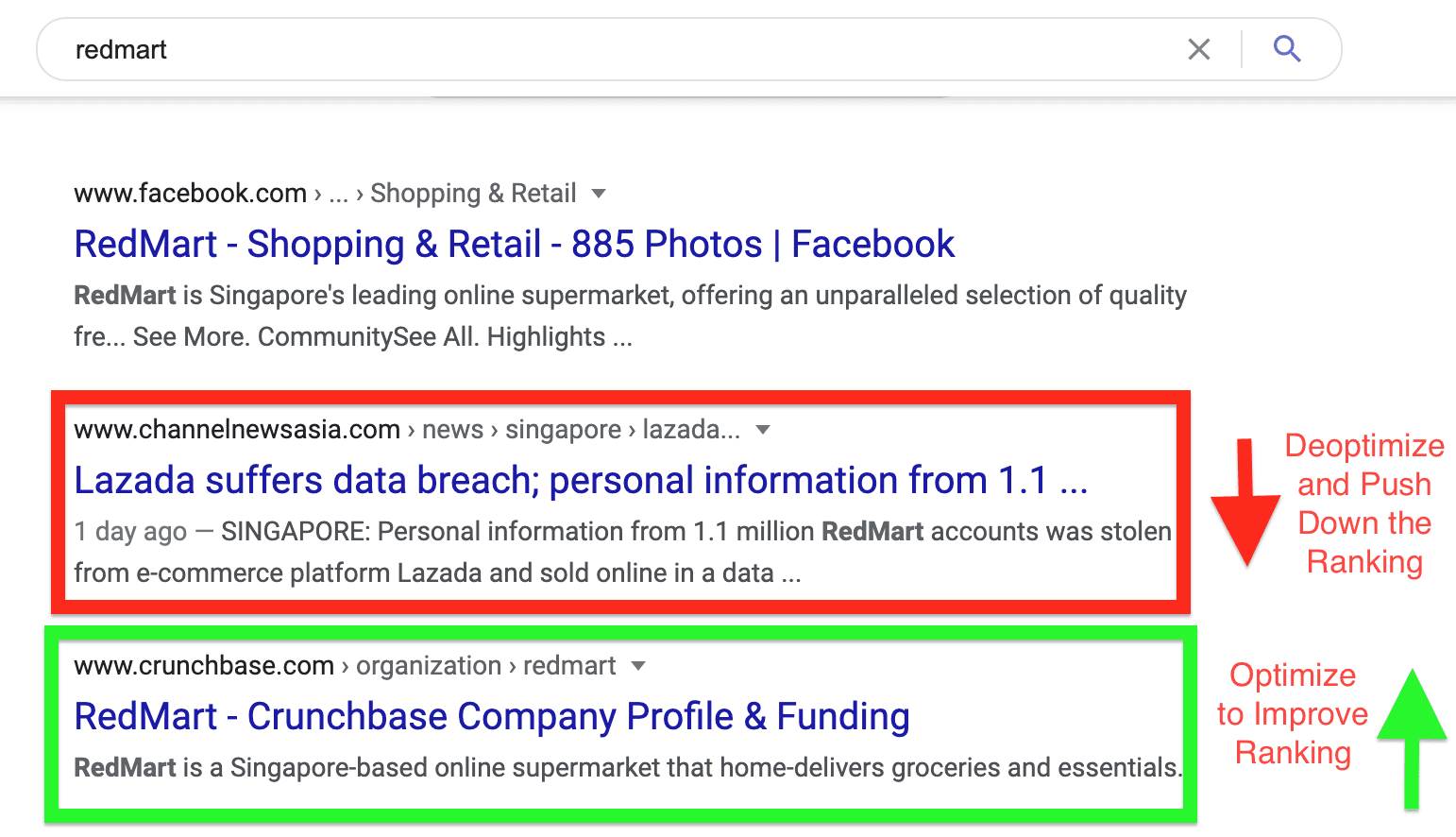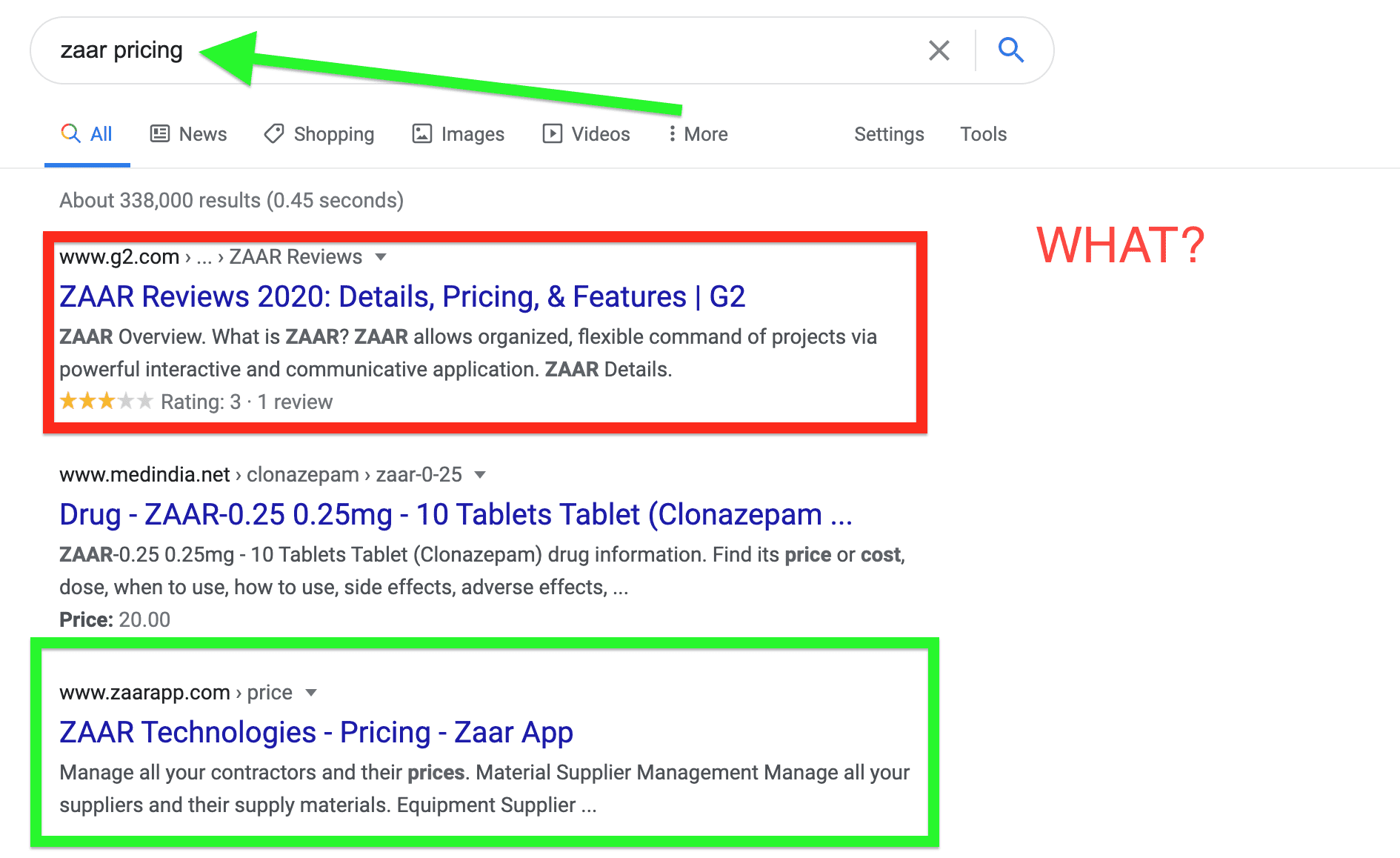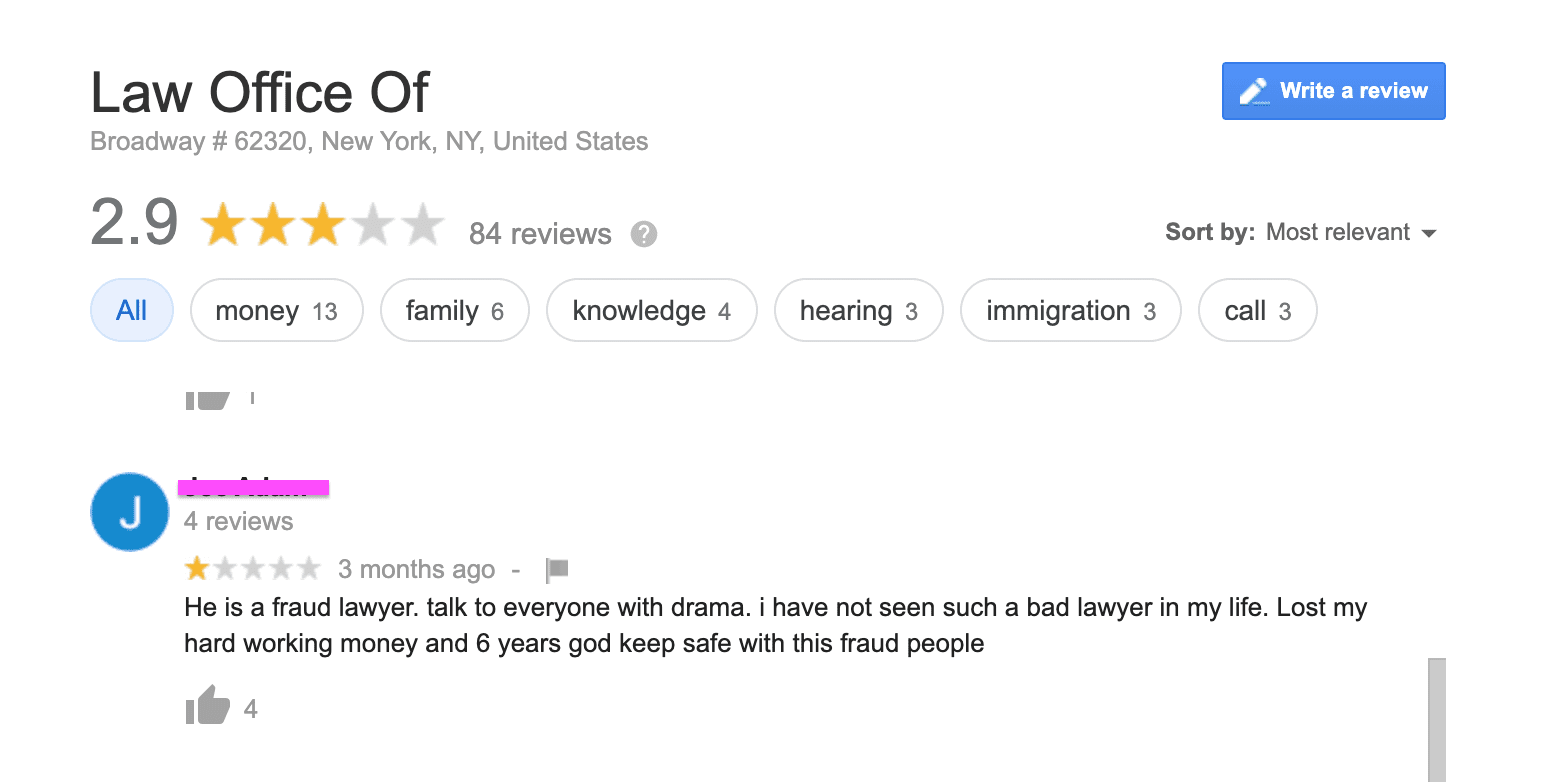What Is SEO Online Reputation Management?
Online Reputation Management (ORM) is the practice of managing how your brand is seen online. This strategy is a proactive approach to online marketing because it sculps what content customers see online and how that information is framed to ensure you have a positive online presence.

Image Source: https://www.silverbackstrategies.com/blog/the-high-stakes-of-online-reputation-management-1
SEO plays a crucial role in Online Reputation Management because your audience goes to Google and other search engines to find answers to their questions. Since Google is the first place many customers search, you need to ensure your online presence represents your brand in a positive light.
SEO reputation management allows you to control your company’s reputation in SERPs by monitoring different messages across the Internet and how they frame your business. Along with organic listings, you should also pay attention to the brand position in:
- Google’s Top Stories: A SERP feature that highlights top news stories based on a search query.
- Google Image Pack: The Image Pack lists relevant and popular images related to a search query. Be sure to check Google Images to determine if your ORM strategy should also include altering what images are seen in Google Image results.
- Featured Snippets: This is the short answer that pops out right below the search bar. Claiming this SERP feature is important to ensure positive information is shown at the top of SERPs.
- YouTube Video Carousel: Be sure to check this SERP feature if there are negative videos or related content about your brand. The YouTube Video feature will highlight the most popular YouTube videos related to a search query.
- People Also Ask: This section will list common questions related to a search query. You will need to manage ORM to ensure negative information is not featured in this area.
As you can see, Google displays your brand content on various areas of SERPs. You will need to help guide how the general public portrays your brand online.
3 SEO Strategies For Online Reputation Management
SEO is all about building content around your audience’s needs and optimizing that content to get found in search engines. This means that you can use standard SEO practices to display accurate and positive results to customers as they search for your brand online.

You can use different paid tools like to follow your reputation across the Internet, but you can also use Google Alerts for notifications each time your brand name appears on search results, Google News, blog posts, or video mentions.
You will need to take specific actions to improve your online presence, so let’s jump into 3 ways you can use SEO to improve your Online Reputation Management!
1. Improve Ranking Of Positive Search Results
Similar to how you want to rank pages on your site for valuable keywords, you also want to rank different online content based on how it reflects your brand. Here are a few types of content that you should look for across the Internet as you work to improve positive search results:
- Guides
- Reviews
- News stories
- Competitor comparisons

Keep track of different sites that mention your brand, and categorize them based on positive, neutral, or negative messages. Once you have the list, you will be able to actively push positive brand mentions on Twitter, blog posts, and other aggregator sites.
Here are a few ideas that you can use to build positive brand mentions and flood SERPs to overtake negative impacts on your brand:
- Make YouTube videos about what your company is doing in the community.
- Donate to charities and drive traffic to stories about your donations.
- Contribute guest blog posts to relevant websites and blogs in your industry.
- Sponsor events or contribute to a scholarship. Build traffic to stories about your contribution.
- Control the story on your company website and blog. Promote information that frames the story and leads the narrative.
2. Push Down Negative Results
You can use SEO management to sculpt your online presence by promoting “friendly sites” in an attempt to push down negative results. Since rankings on the first page of Google is a zero-sum game, you can boost rankings for third-party sites that show positive messages about your brand.

Getting content on the first page of Google is not easy, but you can use different SEO tactics to rank powerful sites where you control your brand messaging. Here are a few sites that you can leverage to overwhelm SERPs and improve your online presence:
- Crunchbase
- YouTube
- Medium
The types of sites that you can use will vary depending on what sites you have claimed and your content strategy. The great thing about using powerful third-party sites is that these domains have authority with Google so they will rank easily.
In addition, since they are not your site you will be able to point lots of low-quality links to them without worrying about Google penalizing your money site.
3. Remove Or Change Negative Search Results
Similar to the previous point, you may need to take action to remove or change negative search results to adjust your ORM with an SEO strategy. The best approach is to try to promote positive brand mentions, but sometimes you will need to contact website owners to see if they are willing to update the article or publish your response to the negative brand mention.

Some types of content can be altered with the author, or website host but other types of negative brand mentions will be harder to adjust or remove. In some cases, you will need to talk to a lawyer to remove content that is defamatory or untrue.
Most of the time you should only use this SEO tactic if you want to update inconsistencies or inaccuracies. You may get yourself into more trouble if you email an author with the request to adjust the entire article because this approach could stoke the fire and cause an even bigger headache.
Clean Up Your Online Reputation With SEO
Getting your content found online is only part of the battle, as your company needs to promote the right type of image and online presence. SEO is a great way to remain at the top of SERPs for relevant keywords while also guiding how the public perceives your online brand.
